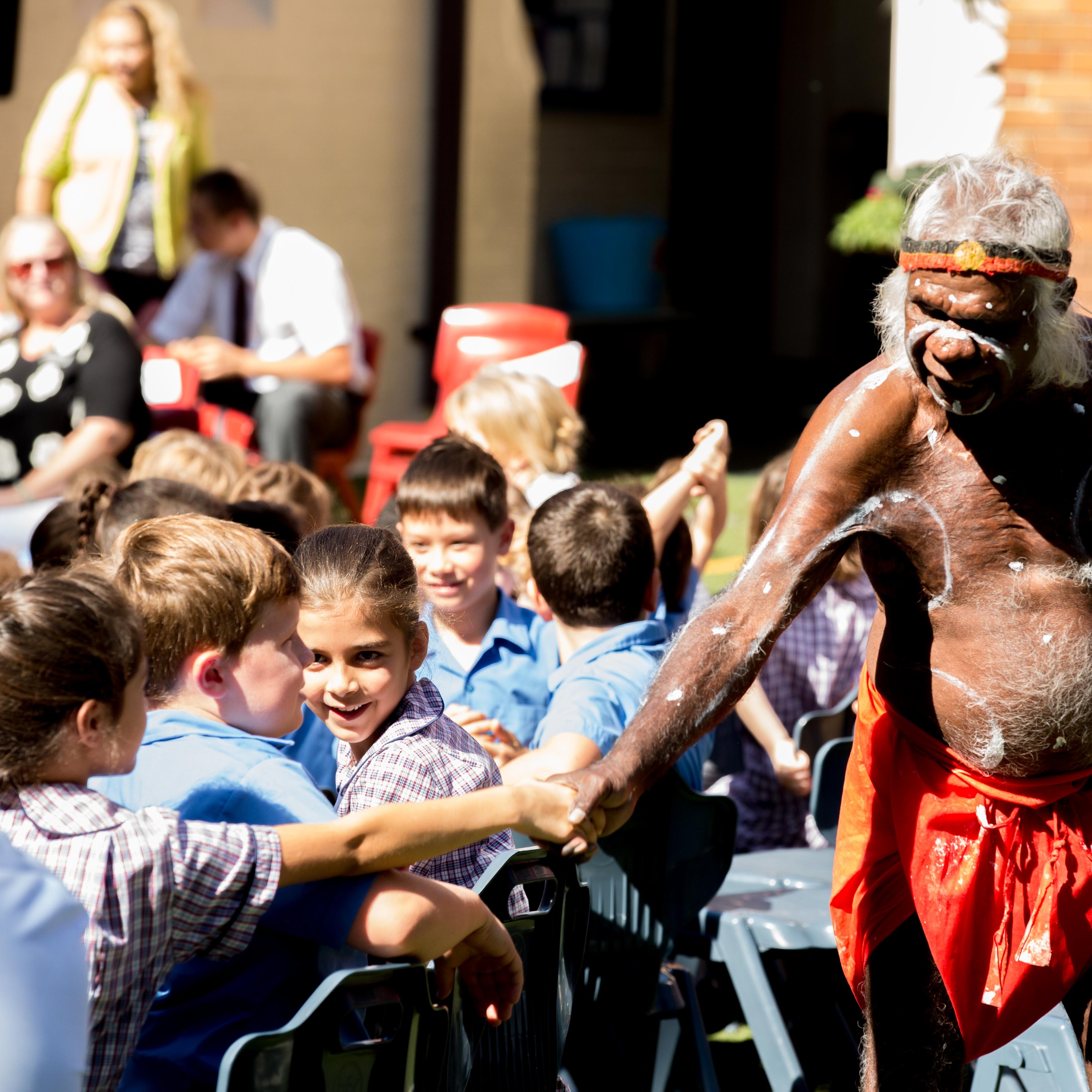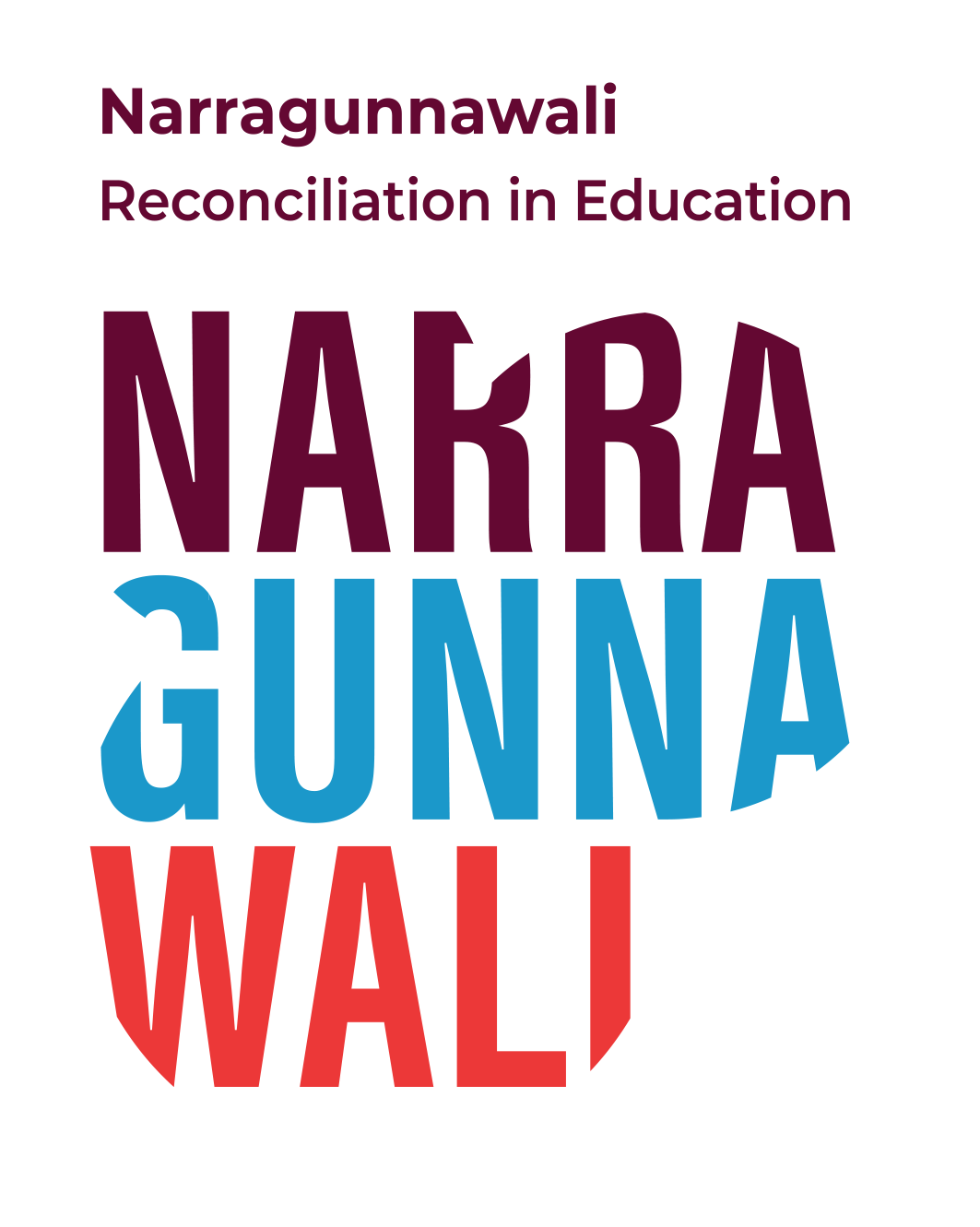"There are no words to describe how racism feels. Everyone deals with it differently. Some people lash out verbally, others withdraw into themselves. Some people can talk openly about how it feels, others hide it deep within... How many of our children are trying to learn in racist classrooms? How does a child reach their full potential and exercise their rights as citizens of this country when they are given messages every day that they are worthless human beings? What if it was your son or daughter? What would you do?" — Mark Williams, 1999
Australia is a vibrant, multicultural country. Almost half of the population was born overseas or has a parent who was born overseas. One in five Australians speak a language other than English at home (ABS, 2013). Approximately 3% of the population identify as Aboriginal and Torres Strait Islander.
Research shows that 86% of Australians believe that multiculturalism is a positive factor in maintaining social cohesion (Markus and Dharmalingam, 2015). While cultural diversity is a celebrated part of Australia’s national identity, the unfortunate reality is that many individuals and communities in Australia experience prejudice, discrimination and racism on a regular basis.
The experience of racism continues to be very real for Aboriginal and Torres Strait Islander people in particular. There is strong and consistent evidence that Aboriginal and Torres Strait Islander people, including children, experience racism, prejudice and discrimination at levels that are higher than for most, if not all, other groups in Australia (Biddle and Priest, 2019). The 2018 Australian Reconciliation Barometer found that 33% of Aboriginal and Torres Strait Islander people experienced at least one form of verbal racial abuse in the past 6 months, 51% of Aboriginal and Torres Strait Islander people believe that Australia is a racist country, and 49% of Aboriginal and Torres Strait Islander people consider racial and cultural differences as the biggest cause of social divisions in Australia.
For this reason, improving race relations is central to reconciliation. Race relations is one of the five integral and interrelated dimensions of reconciliation in Australia. That is, the race relations dimension calls for all Australians to understand and value Aboriginal and Torres Strait Islander and non-Indigenous cultures, rights and experiences, which results in stronger relationships based on trust and respect and that are free of racism.
Schools and early learning services play a major role in influencing the formation of students’ and children’s attitudes and world views, as well as those of the wider communities. Educating communities can therefore counter racist attitudes and their negative effects by assisting students to develop an understanding and respect for cultural differences. Having conversations with students and children about racism is important, but perhaps equally important, anti-racism needs to be actively and holistically lived and modelled every day.


